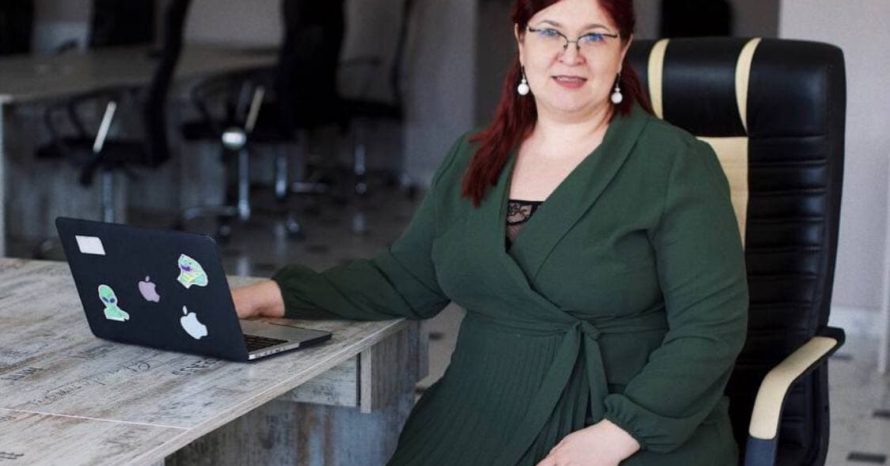I started in IT as QA in 2000 and went from Software Tester to QA Lead and QA manager. After being in that position for several years in 2008 I was invited to PMO to do quality assurance of the company-wide development processes and that opened the world and work of the Project managers to me. It was only a matter of time when I started my first project as PM. After many completed projects in different companies, I became a PMO member again – first as a Senior PM and then as a Head of PMO. That’s not a typical career path for PM, so we’ll discuss a more common way.
But before going into discussing stages in Project Managers carrier and level of expertise, let’s agree on the main points:
- Project Manager is the person who’s responsible for successful project completion by organizing all project-related activities (technical and non-technical) to achieve the project’s business goal.
- Project Manager cares for both the project team and project stakeholders so should be able to effectively communicate, negotiate and resolve conflicts. Excellent English – both spoken and written is a must.
- There are certain personality traits that any Project Manager should have on top of hard and soft skills: honesty/ethical conduct, proactivity, decisiveness, adaptability.
More About Who Project Managers Are
Typically PMs start their career from roles like Project Coordinator or Junior Project Manager.
The main goal at that stage of your career is to get theoretical and practical knowledge in project management that later enables you to run projects independently. Usually, it’s achieved by shadowing more experienced PM and helping them with some project activities that are delegated to you. If you’re trusted with running a project from start to finish (under supervision) it will most likely be a short, not complicated project.
You could also have this or another PM as a Mentor who helps you to create a plan on how to get all the needed skills & knowledge more effectively.
Project Coordinator/Junior PM Usually Has:
- understanding of SDLC and basic knowledge of Agile methodology (Scrum, Kanban)
- working knowledge of project management software – is able to create/update tasks, gather reports, control the progress of the project based on this information.
- skills to facilitate and document project meetings
- shared responsibility for the project success
If you have enough theoretical and practical knowledge, you are able to be fully responsible for the projects from start to finish and run them without supervision, i.e you are a Middle Project Manager. Of course you can consult with your colleagues on complex cases during the project, but resolving those cases successfully is your responsibility.
Middle Project Manager Usually:
- defines which methodology to use and implements it during the project
- extracts requirements from the client, documents and tracks them
- is able to control the scope of the project and prevent scope creep
- tracks and controls project schedules
- updates project stakeholders (internal and external) on project progress
- monitors the client’s satisfaction level and perform appropriate actions to keep it high
- motivates the team and ensures it’s performing well
- plans the project delivery and ensures the client’s acceptance
- fully responsible for the project success
And of course, the Middle PM should demonstrate perfect business communication, leadership, problem-solving, and decision-making skills in order to be able to be successful.
Once you have enough experience on different projects (usually it takes about 5+ years), you could take on more complex and big projects as a Senior Project Manager. Please keep in mind that it’s not usually a position name in the company as Senior PMs can hold different positions, but rather an indication of experience and responsibility level.
Senior PM Could be Involved In:
- Discovery phase and pre-sales on upcoming projects
- Mentoring and reviewing the performance of other project managers
- Interview new candidates on the PM position
- Crisis management on the projects run by other PMs – solving conflicts, fixing processes, etc.
- Evaluation of the project management processes
If you want to join the Group 107 team, feel free to look at the vacancies page, and if you want to study, go to the internship program page!


